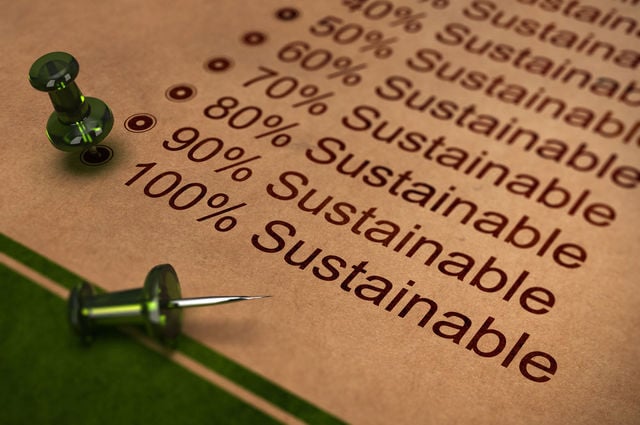How can sustainability be communicated beyond clichés and greenwashing?
31 experts shared their view
Both clichés and greenwashing are amongst the biggest traps to fall into when communicating sustainability. A "let's save the world" claim and tacky towel policy stickers are superficial and unappealing and could be a turn-off to the small group of environmentally and socially-conscious consumers. Green certification and lengthy, detailed corporate sustainability reports may (potentially) be of interest to a small niche group of highly activist consumers, who may not buy into that type of corporate hospitality in any case. However, there is a growing number of informed travelers: Those in search of genuine wellbeing and meaningful experiences at no (or as little as possible) cost to the planet. What works and what doesn't work in communicating sustainability? Any recommendations in regard to communication entering this critical decade?
Certification and labels – whether legitimate or not – seems to be the marketing-weapon of choice when it comes to communicating a hotel's sustainability efforts. Consumers, however, trust especially those hotels, where they see not only third-party certification, but also a dedicated and visible involvement in everyday operations: waste sorting bins, organic food being served, a restaurant supporting local farmers, reusable glass bottles in rooms rather than one-way plastic bottles and so forth. Don't certify sustainability – do it in front of the guests!


